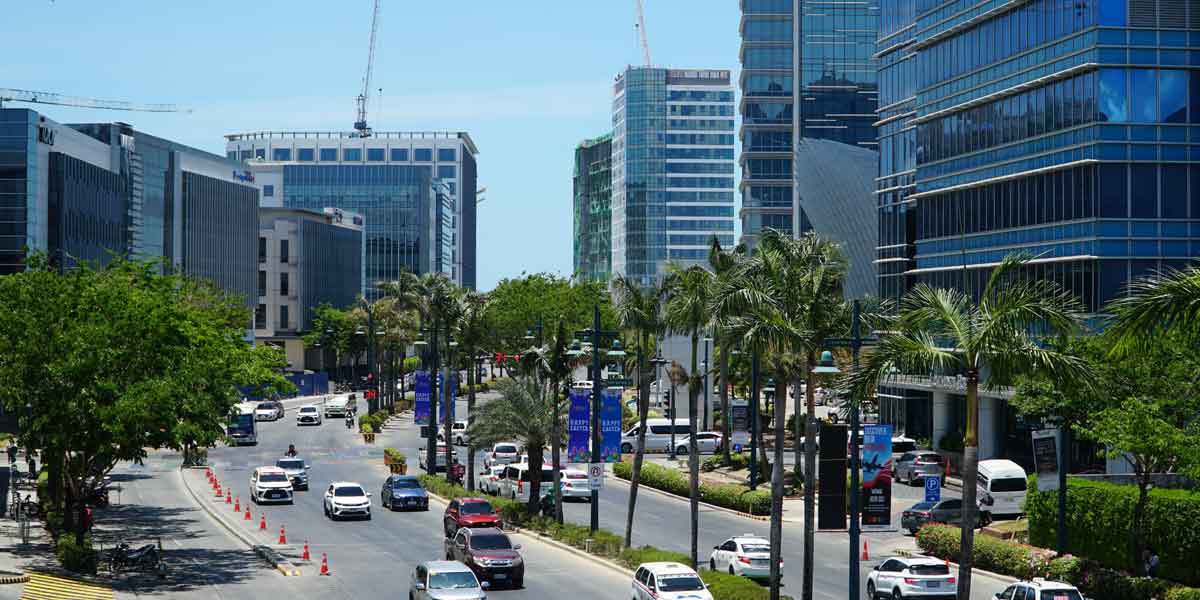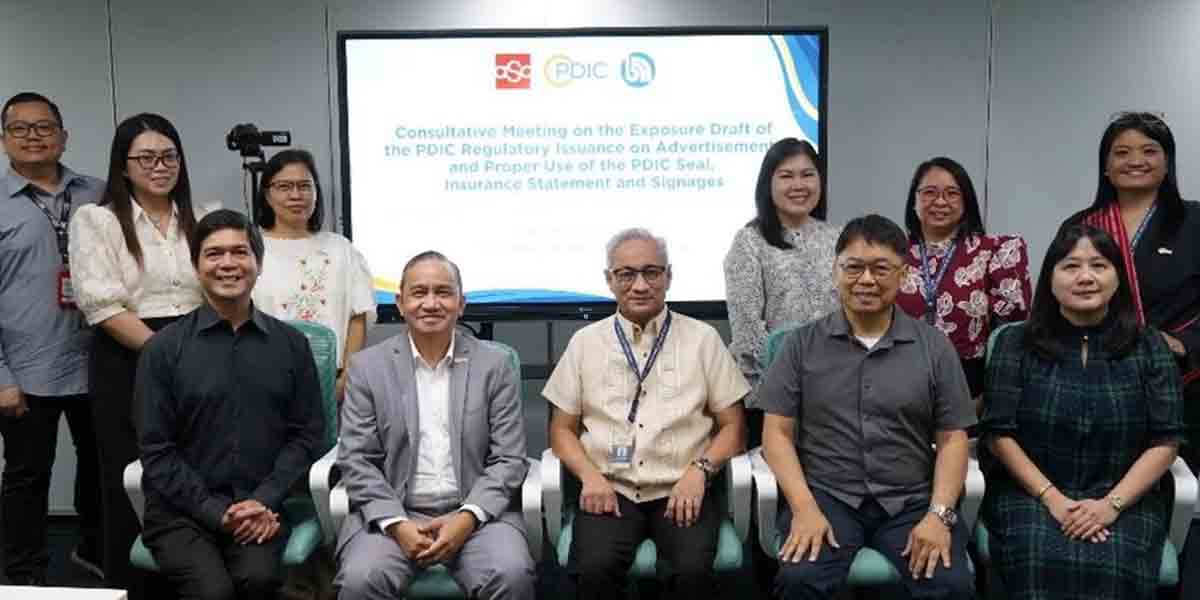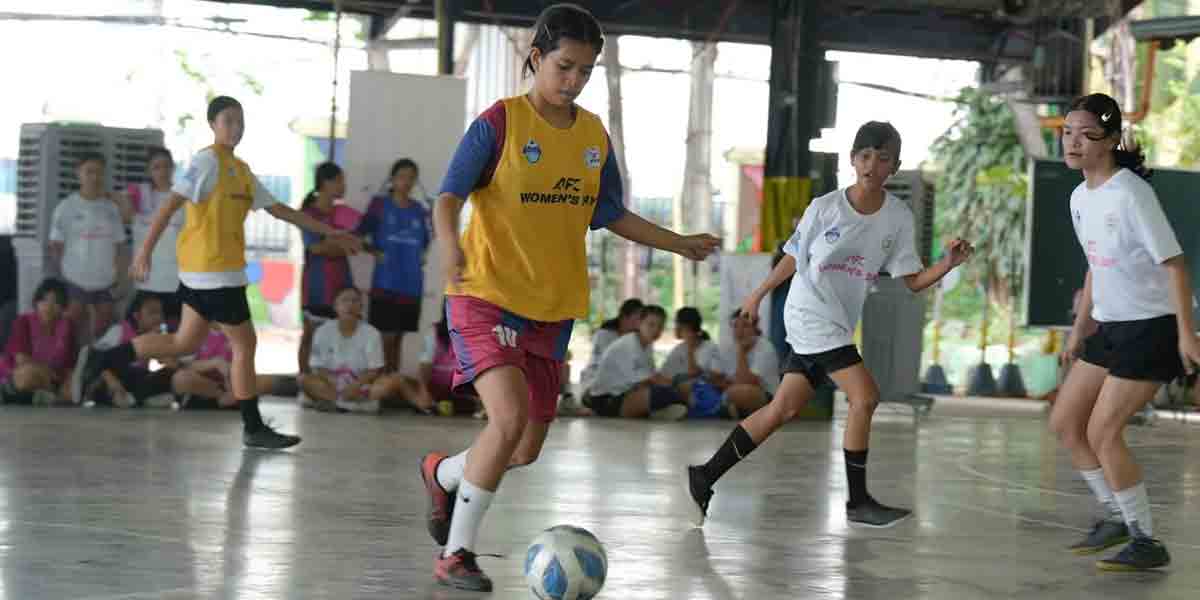Former Senate President Franklin M. Drilon urged President Ferdinand Marcos Jr. to classify all Congress-introduced amendments in the PHP 2025 General Appropriations Act (GAA) as “For Later Release” (FLR) to safeguard billions of pesos from potential election-related misuse.
Drilon criticized Marcos’ recent budget vetoes as “cosmetic,” claiming they did little to address congressional “pork barrel” funds, particularly in the Department of Public Works and Highways (DPWH) budget.
“In my view, the congressional pork barrel remains unresolved. A significant amount is still embedded in the GAA,” Drilon said during a radio interview. “There hasn’t been much change. The DPWH’s budget still contains substantial pork barrel allocations.”
Drilon emphasized the need for vigilance, noting that the PHP 2025 budget coincides with an election year.
“The President should classify all Congress-introduced amendments, which fall under what is commonly referred to as ‘pork barrel,’ as FLR. This ensures the budget is not perceived as a tool for election spending,” he said in a New Year’s Day statement.
The Omnibus Election Code prohibits the release or expenditure of public funds for public works projects and the delivery of construction materials starting March 28, 2025—45 days before Election Day.
Drilon explained that the FLR mechanism, previously implemented by the Department of Budget and Management (DBM), requires specific conditions to be met before funds are released. He argued that applying the FLR classification to congressional amendments would reassure the public that government funds will not be used as election leverage.
While the President vetoed PHP 26 billion in DPWH projects, PHP 263.9 billion in congressional insertions remain intact, Drilon said. He added that total insertions across the budget reached PHP 347 billion.
Drilon also dismissed Marcos’ veto of PHP 168 billion in unprogrammed fund allocations as superficial. “These unprogrammed appropriations are not backed by revenues, making the veto largely symbolic,” he said.
With only PHP 26 billion reverted to the Treasury, Drilon noted, funding for de-prioritized programs such as the PHP 74.4 billion PhilHealth subsidy and the PHP 50 billion 4Ps (Pantawid Pamilyang Pilipino Program) is unlikely to be restored.
“The veto of unprogrammed activities does not create funding for de-funded projects like the PhilHealth subsidy,” he explained. “These programs will likely remain unfunded until the 2026 budget.”
Drilon raised concerns over how key government priorities will be financed if left dependent on excess revenue or new taxes. “It’s an unlikely scenario, leaving critical programs at risk,” he said.
















